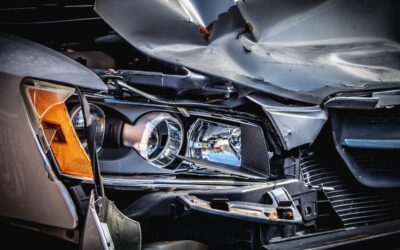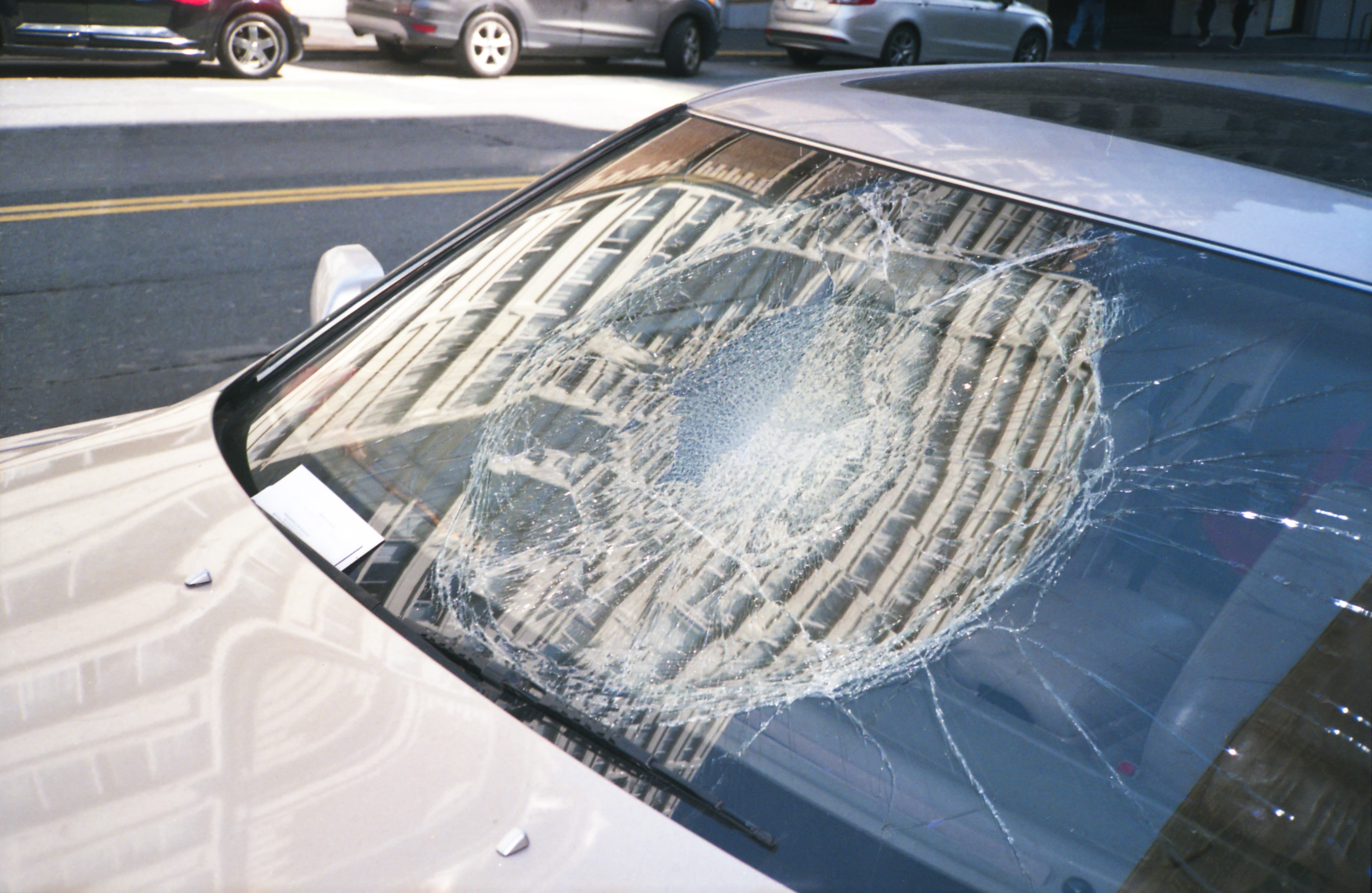When you first bought your car 10 years ago, it made sense to have collision coverage. After all, when a car is brand new, it can be quite costly to repair or replace it. And while it gave you peace of mind back then, knowing you wouldn’t have to pay out several thousand dollars to replace your vehicle, now that you’ve been driving it for a decade, it may be time to reconsider your need for collision coverage on an old car.
Do You Need Collision Coverage on an Older Car: Frequently Asked Questions
What is regular collision coverage?
Collision coverage is a popular add-on to an auto insurance policy. With it, the insurance company is able to help cover the cost of repairing your car if you collide with another vehicle, a stationary object or a person. In other words, this endorsement kicks in no matter who is at-fault for the accident.
What’s covered by collision coverage?
If you are involved in a collision, your collision coverage will cover the cost of your repair bills when your vehicle collides with another object or rolls over. Here’s where it kicks in:
- When you collide with another vehicle or a trailer attached to another vehicle
- A collision involving a hit and run (once reported to the police)
- If you collide with a street light, road sign, guard rail, tree, or any other stationary object.
What’s not covered by collision coverage?
Collision coverage is all about when you hit something else, not when something hits you. That’s where another type of add-on coverage, known as comprehensive coverage, comes in. As such, collision coverage does not cover:
- Damage your car sustains from unavoidable non-collision(car on car) events such as windshield damage, theft, vandalism, fire, a collision with an animal, or other unpreventable natural misfortunes. Instead, comprehensive insurance can cover these instances.
- Damage to another person’s vehicle. Instead, liability insurance will provide coverage.
- Any associated medical costs from an accident you were involved in
Do I need collision insurance coverage for my vehicle?
As collision coverage isn’t mandatory, policyholders can opt whether or not they wish to include it in their insurance. While your liability insurance will cover the cost of repairs or replacement for the other vehicles involved, it does not cover yours, which is why many drivers add collision coverage to their car insurance policy. As most drivers cannot afford to unexpectedly purchase another vehicle after their previous one was written off in an accident, collision coverage is there to protect drivers and help lift that financial burden.
What happens if I don’t have collision coverage?
Without collision coverage, you’ll have to pay for all of the repairs to your vehicle out-of-pocket (in addition to other expenses, like a rental car). Or, if your car is damaged beyond repair, you will have to pay for your own replacement vehicle. That could mean suddenly spending thousands of dollars that you did not plan to due to one costly mistake.
While collision damage could result in just some scratched-up paint or a small dent in your bumper, there are many other day-to-day possibilities to consider, including the following:
- Backing into another car in a parking garage
- Parallel parking on the street and hitting the car behind you
- Losing your side mirror in a tight parking spot
- Scraping your neighbour’s car as you pull into your shared driveway
- Rolling over into a ditch on a country road during a snowstorm
These situations can happen to even the best of drivers! That’s why we strongly encourage drivers to weigh the cost of paying out of pocket compared to the cost of owning collision coverage.
What if I lease my car?
If you lease or finance your vehicle, full coverage, including collision and comprehensive coverage, will be required by the dealer you lease your vehicle from. Similarly, loan agreements on new or high-end vehicles may require that you buy the extended coverage. Generally, collision coverage is only optional if you own your vehicle.
Make sure you read those agreements carefully before taking your car on the road! If you are unsure of what yours may include, learn more about the 5 parts of your insurance policy here.
Do you need collision coverage on an older car?
Once upon a time, once your vehicle hit 100,000 kilometers or reached over five years old was the general rule to drop your collision coverage. Now, it’s important to understand that having collision insurance on an old car mostly depends on how much your car and its replacement parts are worth.
Your insurance company will place a value on your vehicle when you get a quote, called the actual cash value. A newer vehicle’s actual cash value would be similar to the sticker price, but this value will continue to drop as the vehicle gets older and more used. Thus, if you drive an older vehicle that now has very little value after years of wear and tear, your maximum payout after a claim is likely to be so low that it isn’t worth the insurance cost.
For example, suppose your vehicle is only worth $2,000, and you currently pay $325 annually with a $1,000 deductible. In just over three years you will have paid more into your collision coverage than what your insurance company would pay out.
However, if you own a more expensive vehicle, such as a Lexus or Cadillac, the price of collision coverage may be worth it for several more years as some replacement parts alone can easily exceed your current deductible.
Of course, if your car falls under vintage, classic or collectible, you have something else to consider entirely. These types of vehicles generally have classic car insurance, which typically includes “agreed value” and “spare parts” coverage, making collision coverage worthwhile.
What’s a deductible?
Your deductible is the amount you’ve agreed to pay out of pocket when you file a claim. The amount is generally somewhere between $250 and $2,000. If you are in a car accident and need to file an insurance claim, your insurance company would subtract your deductible from the maximum payout. In most cases, having a higher deductible will lower your premiums and save you money if there are no claims. For example, a 500 deductible will usually result in a lower insurance premium than a 250 deductible would. Learn more about car insurance deductibles here.
What type of car insurance coverage do I need for my older car?
- Under Ontario law, every vehicle needs to maintain at least the following insurance:
- $200,000 in third-party liability coverage: this pays for any damage you are responsible for to people or property. $1 million or more is strongly recommended.
- Statutory accident benefits coverage: this pays for your or a passenger’s medical bills plus a bit of lost income while you recuperate from the accident.
- Uninsured/underinsured coverage: it covers you in the event you are struck by a vehicle without insurance or a hit-and-run.
- Direct compensation-property damage insurance: this pays to repair your car if you are hit by another vehicle inside the province and if the other driver is both at fault and insured in Ontario.







